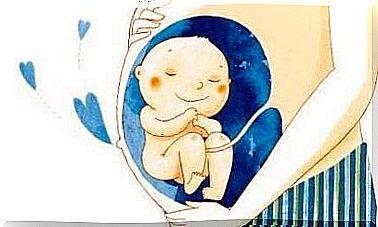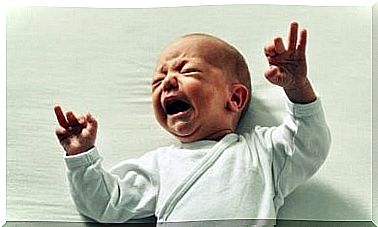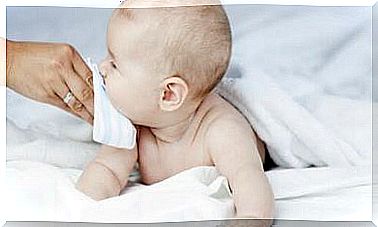7 Frequently Asked Questions About Breastfeeding
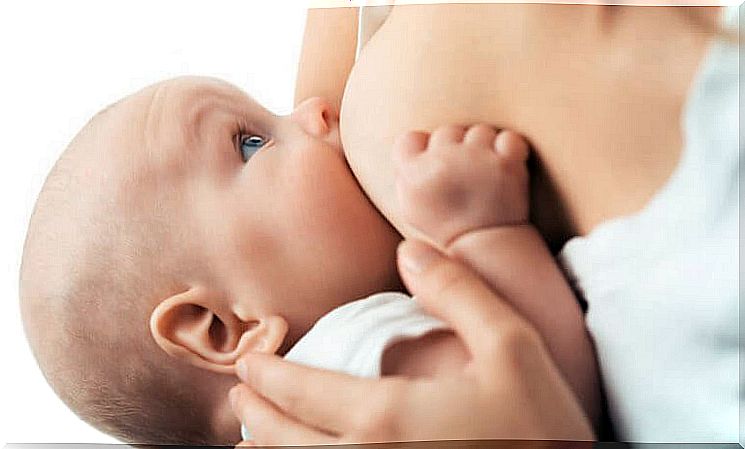
Are you a first-time mother? In this article, we go through seven common questions about breastfeeding, and we also give you detailed answers to them.
It is a big commitment to breastfeed a baby. Your baby will not only seek your breast to breastfeed, but will instinctively seek his breast for comfort, protection, warmth and love.
Breastfeeding is an act of love. What your baby needs most at this early stage of life is that you keep her close at all times.
Many women are aware of this. And experts now agree that breastfeeding is best, not only in terms of nutrition but also to calm and comfort your baby.
But it is not always easy and you probably have many questions about breastfeeding. You may feel insecure about breastfeeding your baby, or worried that you are not doing it right.
It is not always easy to get a good technology. Fortunately, there are breastfeeding experts who can help answer your questions, such as pediatricians, midwives and nurses.
They can evaluate the situation and make corrections if your grip is not right, and can answer all your questions about breastfeeding.

7 frequently asked questions about breastfeeding… and the answers
I do not have enough milk. What can I do?
Many mothers think that they do not produce enough milk to make their children feel full. They worry that they are doing something wrong, or that their milk is somehow not good enough.
But researchers have seen that virtually all mothers, except in extreme circumstances, produce the amount of milk their children need.
What is important, however, is to feed your baby every time he wants to breastfeed, with the right breastfeeding technique.
If your baby breastfeeds at least 8 times a day, this stimulates the breasts so that the hormones that activate milk production start. This is especially important during the first few weeks.
How do I know if my breastfeeding technique is right?
The baby’s mouth must cover both the nipple and a large part of the nipple in order for it to get a good grip and be able to empty the breast.
Sucking is closely linked to milk production. The breast must be stimulated by the baby’s mouth, or a milk pump, to produce milk.
If your baby does not open his mouth completely and yawns wide, she cannot suck effectively. The same applies if your baby has too short a tongue band. This means that the skin strip that connects the tongue to the mouth is shorter than usual.
It can make the baby suck without getting enough milk to feel full.
Finally, an inappropriate breastfeeding technique can cause your breasts to hurt and your nipples to rupture, and it can be very painful. If you have any of these problems, talk to your doctor.
Is it good to pump milk?
For many mothers, especially those who need to leave their children with others, a breast pump can be a good solution.
Pumping milk can stimulate your breasts to produce more, which is positive. However, feeding your baby from a bottle can deprive the baby of some of the important stimuli she receives when breastfeeding.
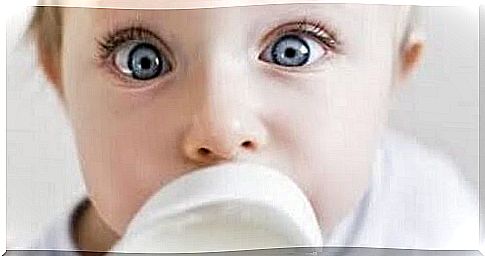
Frequently Asked Questions about Breastfeeding: How do I know if my baby is eating enough?
During the first 48 hours, the breasts produce colostrum. This fluid is filled with antibodies that help protect the newborn body during the first days of life. After that, the regular milk begins to be produced, and in much larger quantities.
From the third day, your child should eat more than 8 times a day and have 3 or more bowel movements. If so, you can be sure that your child is eating properly.
I want my baby to control breastfeeding… how can I do that?
Letting the baby control breastfeeding means that you feed your baby as soon as he shows signs of wanting to eat. The best way to do this is to offer your breast when your baby sucks on his fingers, searches for your breast or makes a noise.
Do not wait until your baby cries for hunger.
It is important that your baby completely empties your breast because the last milk that comes out has the highest fat and calorie content. If your baby is still hungry, you can always offer the other breast.



